
How we see Robert Land Academy
The 50-page review of Robert Land Academy is part of our series of in-depth accounts of Canada's leading private schools. It provides a unique and objective perspective on the school's academics, programs, culture, and community.
Read our in-depth reviewCompare with:
How Robert Land Academy sees itself
"RLA is a not-for-profit, private boarding school for boys (grades 5 - 12) offering a distraction-free environment with small class sizes and academic tutoring. The highly structured military-model helps students develop self-discipline and the confidence to achieve their academic, moral, and physical potential. If your child is bright and underachieving, easily distracted and requires additional learning support (ADHD) to secure the grades for post-secondary opportunities contact the Academy to find out more."
"The Academy's structured program prioritizes student growth and development. The disciplined daily routine provides students with a predictable framework for success. Students often flourish within an environment that provides supervised, mandatory study halls, plenty of physical activity, time for extracurricular interests, and healthy sleeping and eating patterns. This structured program revolves around students reaching their academic, physical, and moral potential."
"Change. Our program is unique and can provide a transformative experience. Our students are accepted based on their perceived potential, not past performance. Many of our students have not thrived within the traditional school setting - socially, academically, or physically. As a result, we emphasize progress and development. We challenge our students to reach their potential and develop genuine self-confidence."
"Families tend to be surprised by our caring, committed staff. There are a lot of misconceptions about military-inspired schools, including the idea that their nature is punitive. We have a dedicated staff whose primary concern is the growth and development of our students. Our staff are passionate about our students and genuinely care about their progress."



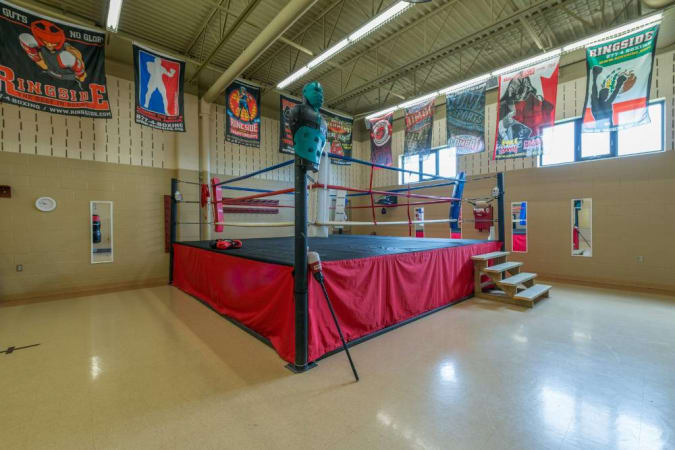




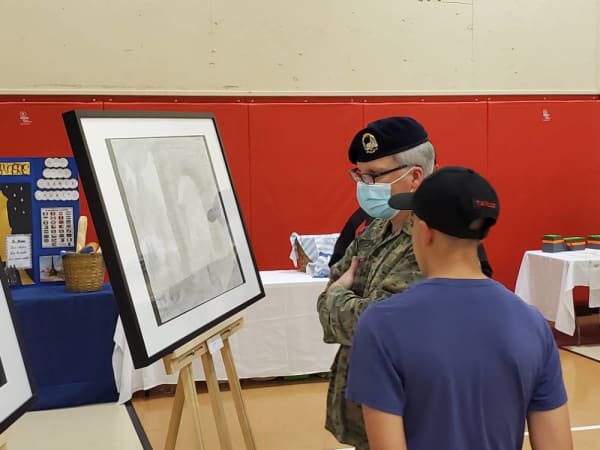
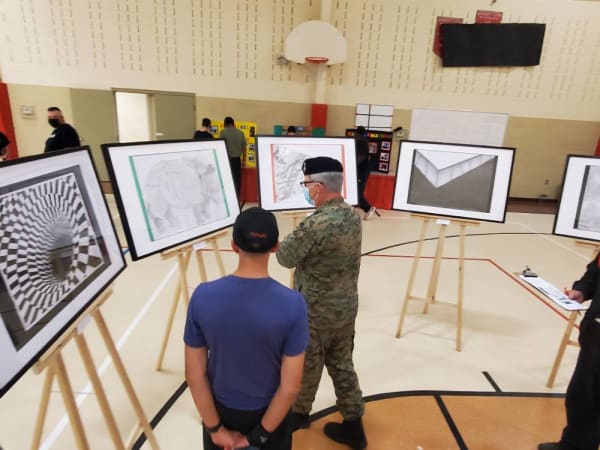






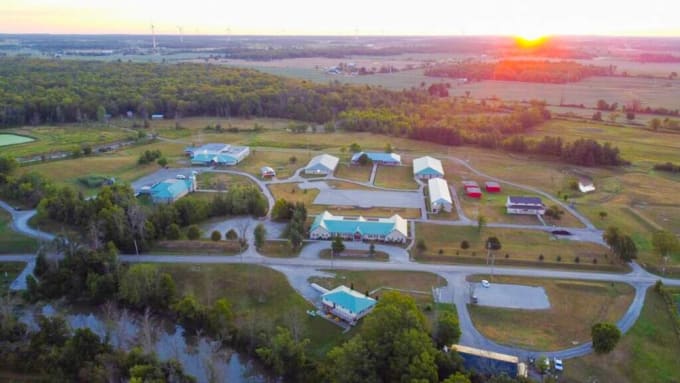



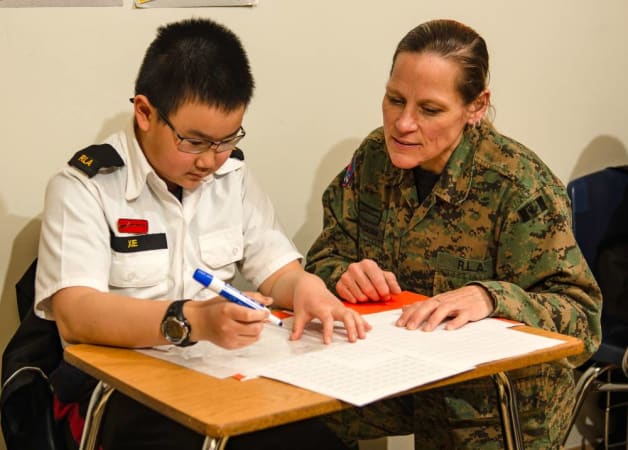

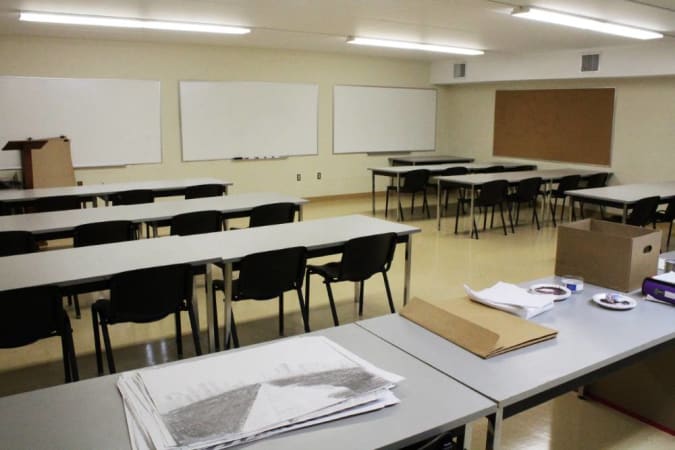



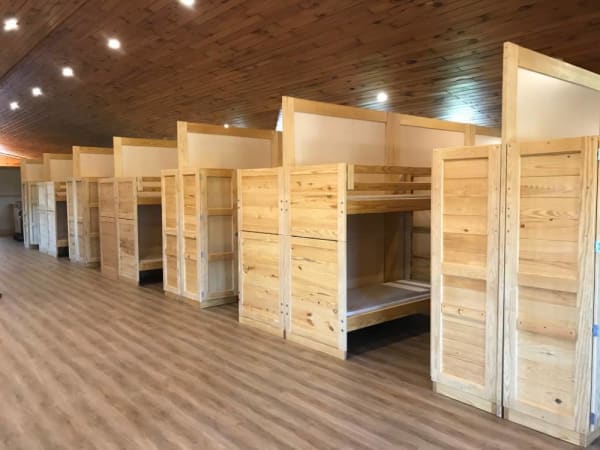





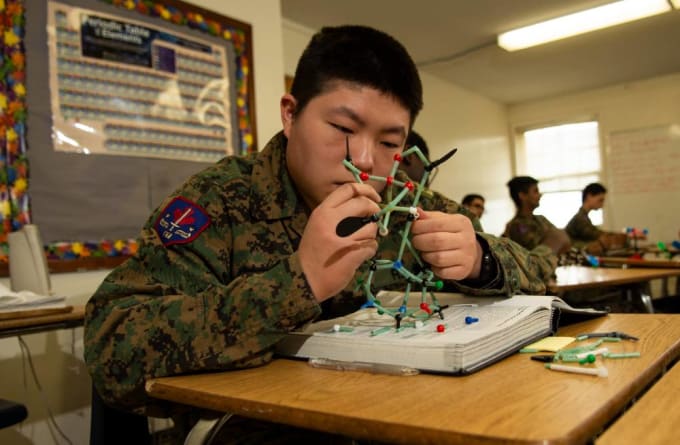
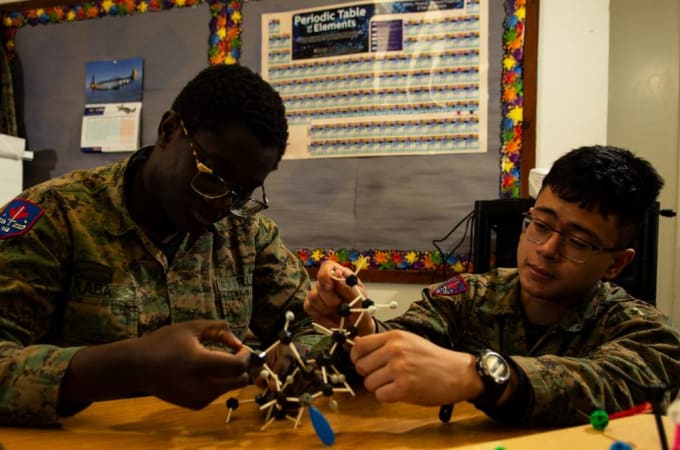
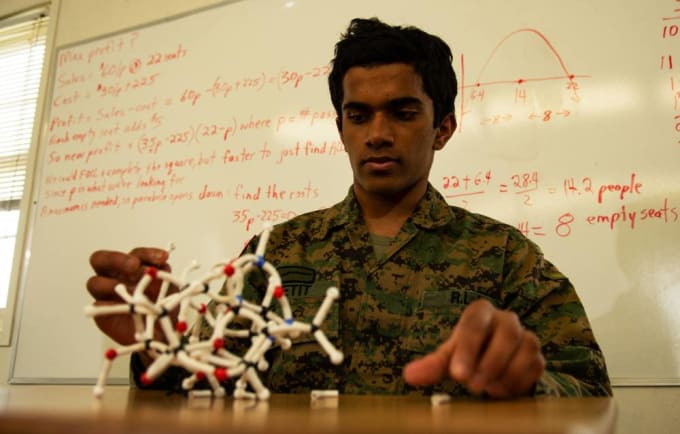




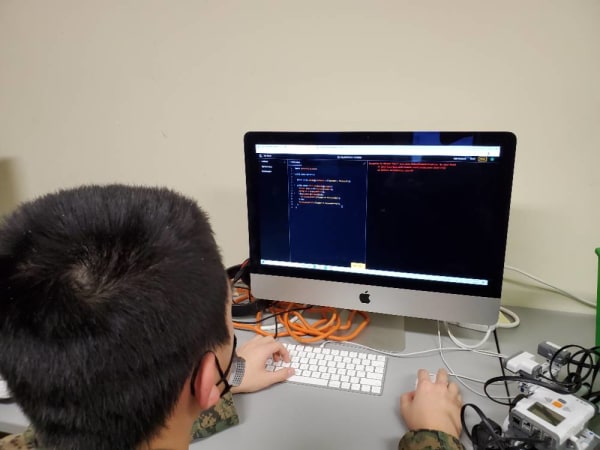




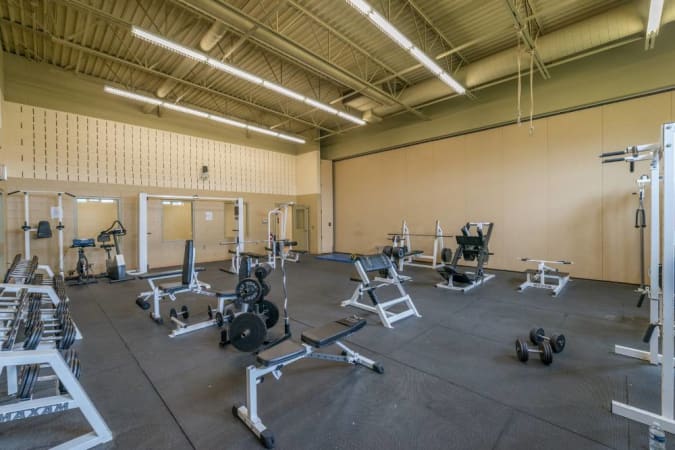







How people from the school’s community see Robert Land Academy
Top-down influence on the school’s direction and tone

Ryan Smid, Headmaster
Robert Land Academy is a military-inspired living and learning environment intended to provide the structure and support that adolescent males require to meet their potential. We believe strongly in personal responsibility and individual accountability as being the basis for development of the self-discipline so necessary to succeed in life.
Our founding values of courage, commitment, labour, loyalty, and honour remain unchanged and permeate every aspect of our program. Boys are given the opportunity to earn leadership positions, ranks, and awards based entirely on merit. They quickly learn the value in working hard to accomplish goals and enjoy the satisfaction of knowing that they have earned whatever it is they have received, good or bad.
The Academy is not for every boy. They have no access to the internet and personal phones are not permitted. Every hour of the day is accounted for and a routine quickly established. Many find it difficult. However, our graduates all come to recognize the value of the program in assisting them in meeting their academic, moral, and physical potential. As an Academy, we certainly take great pride in knowing that we are helping to produce excellent leaders and citizens who positively contribute to the society in which they live!
If you’re considering a small school for your extroverted child, make sure it offers plenty of social opportunities, including the ability to seek out and interact with different peer groups. Since smaller schools have smaller and less diverse student populations than big schools, it can sometimes be more challenging for your child to find a like-minded group of friends—friends with similar interests, values, etc.
“It’s important to look at the social makeup of the school,” says Ruth Rumack of Ruth Rumack's Learning Space. "Is there enough variety that your child will have a group that they feel connected with? Because you want to have friends that are like-minded and you want to be in a social situation where you feel honoured and respected. Variety can also be found in extracurriculars, leadership programs, and sports activities, which tend to have kids with a wide range of personalities.”
Also, make sure a school’s teaching and learning approach is suitable for your social child. “For instance, a school focusing on individual learning instead of group learning may not play into your child’s strengths,” say Ann and Karen Wolff, Toronto-based education consultants at Wolff Educational Services. “You want to make sure the social, emotional, and academic realities of the classroom are a match for your child’s personality.”
At a boarding school, your extroverted child will likely enjoy seeking out and interacting with peer groups from different backgrounds, away from home. In fact, studying and living with other kids for an extended period of time, as many alumni tell us, provides the unique opportunity to form close relationships that can last well beyond the school years. Many boarding schools also have large student populations and more extracurriculars—including activities like student council, team sports, and arts programs—which will give your outgoing child a broader scope of opportunities to feed off the energy of others, and possibly even become a leader, in a dynamic environment.
Keep in mind, though, “Being an extrovert can be a catalyst for getting involved in lots of activities, which can sometimes be hard to manage,” says Joanne Foster, Toronto-based education consultant and author of ABCs of Raising Smarter Kids. “For instance, a particularly extroverted child may try to end up juggling too many people and activities. While they still may thrive at a boarding school, it helps to know your child and how much social interaction they can handle comfortably.”
Smaller schools often have small classrooms and tight-knit communities, which can make it easier for your introverted child to come out of their shell, make friends, and feel like they belong. Since they’re less socially overwhelming, your child should find it easier to navigate their social environment. And since they’re conducive to group work, small classes often have plenty of interaction, which can help your child develop critical interpersonal skills.
Of course, small schools normally have a less diverse student population than big schools, which can sometimes make it more challenging to find a group of like-minded peers—peers with similar personalities, interests, values, etc. This makes it especially important to ask a school about its extracurricular programs, which can help your introverted child establish an intimate social circle.
At a boarding school, your introverted child will be more motivated (and virtually compelled) to seek out and interact with different peer groups. Away from home and in a new environment, they’re more likely to take the initiative to form close friendships, which can boost their independence and confidence, and help them develop critical social skills.
"Consider, though, whether your child will be comfortable and confident while living away from home, and while having to navigate the various, and sometimes unforeseen social-emotional experiences, alongside the academic challenges,” says Joanne Foster, education expert and author of ABCs of Raising Smarter Kids. Finally, ensure support systems are in place to promote their social and emotional development, and that your child is willing and prepared to take advantage of them. Your child will often need to advocate for themselves at a boarding school, and they’ll need confidence and perseverance to do so.
THE OUR KIDS REPORT: Robert Land Academy
Next steps to continue your research:
Continue researching Robert Land Academy with OurKids.net, or visit school website.